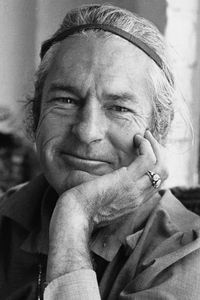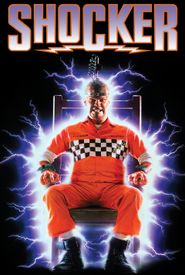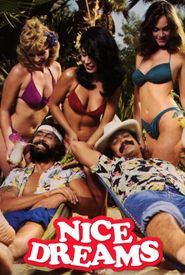Timothy Leary's life was marked by a unique blend of academic and countercultural pursuits. Born to a teacher mother and a dentist father, Leary attended West Point, but instead of pursuing a career in the military, he joined the Army and earned an undergraduate degree in psychology from the University of Alabama while serving his country.
After completing his undergraduate studies, Leary went on to earn a master's degree from Washington State University and a doctorate in psychology from the University of California at Berkeley. His academic credentials in hand, Leary joined the faculty of Harvard University in 1959, where he met professor Richard Alpert and began a series of groundbreaking experiments with psychedelic drugs.
However, Leary's work at Harvard was not without controversy. In 1963, he and Alpert were fired from the university for using undergraduate students in their experiments. The two professors then retreated to Millbrook Estate, a 63-room mansion in upstate New York, where they continued their research and attracted a diverse group of like-minded individuals, including William Burroughs, Abbie Hoffman, Jack Kerouac, Aldous Huxley, and Allen Ginsberg.
In 1970, Leary's life took a dramatic turn when he was arrested for possession of two marijuana joints and sentenced to 10 years in prison. However, he escaped from the California Men's Colony at San Luis Obispo with the help of the Weather Underground and his third wife, Rosemary. The couple then embarked on a series of international adventures, staying with Eldridge Cleaver in Algeria and eventually fleeing to Switzerland.
Leary's travels eventually took him to Afghanistan, where he was arrested by agents from the U.S. Drug Enforcement Administration in 1973. He was extradited to the United States and sent to Folsom prison near Sacramento, but was paroled in 1976.
In the latter years of his life, Leary turned to lecture tours, stand-up comedy, writing books, and exploring the world of cyberspace. He even launched a much-ridiculed lecture tour with Watergate villain G. Gordon Liddy in 1982. Despite his ups and downs, Leary remained a charismatic figure, and he continued to write and speak publicly until his death from prostate cancer in 1995.



























































